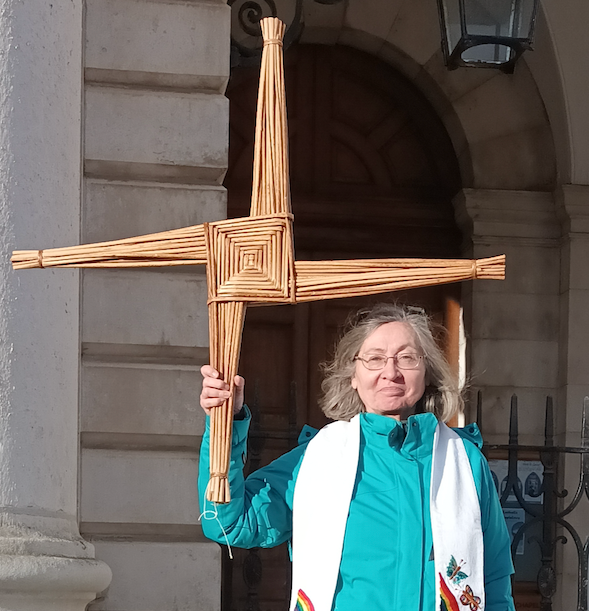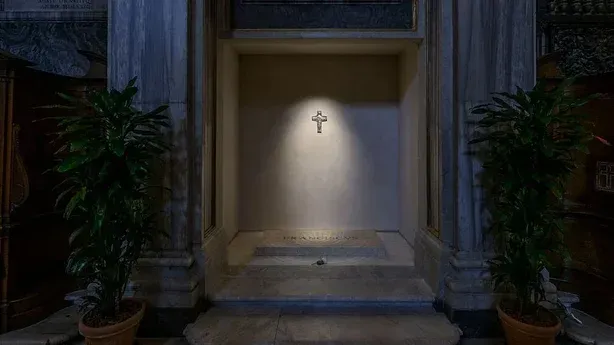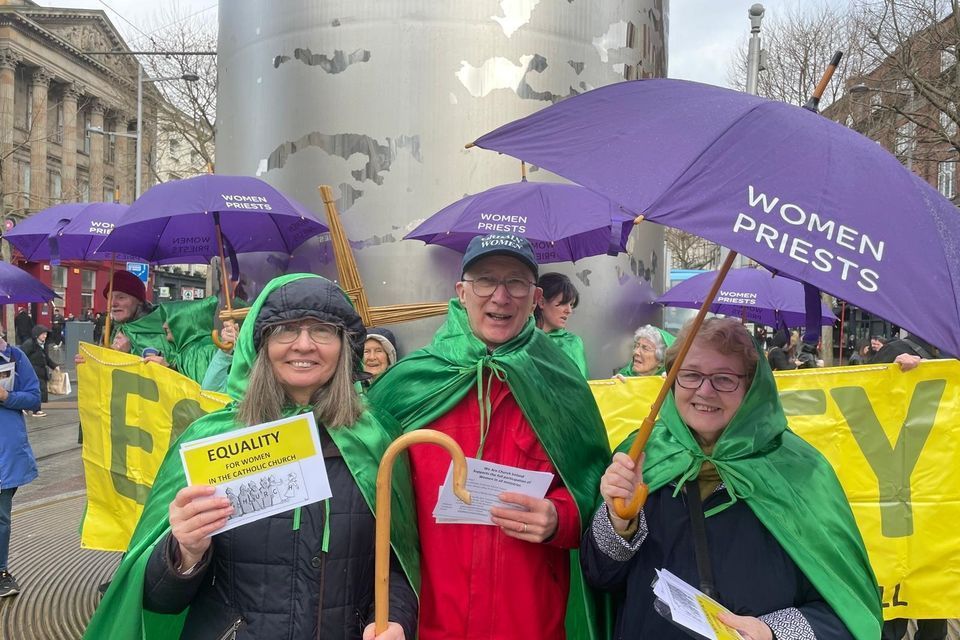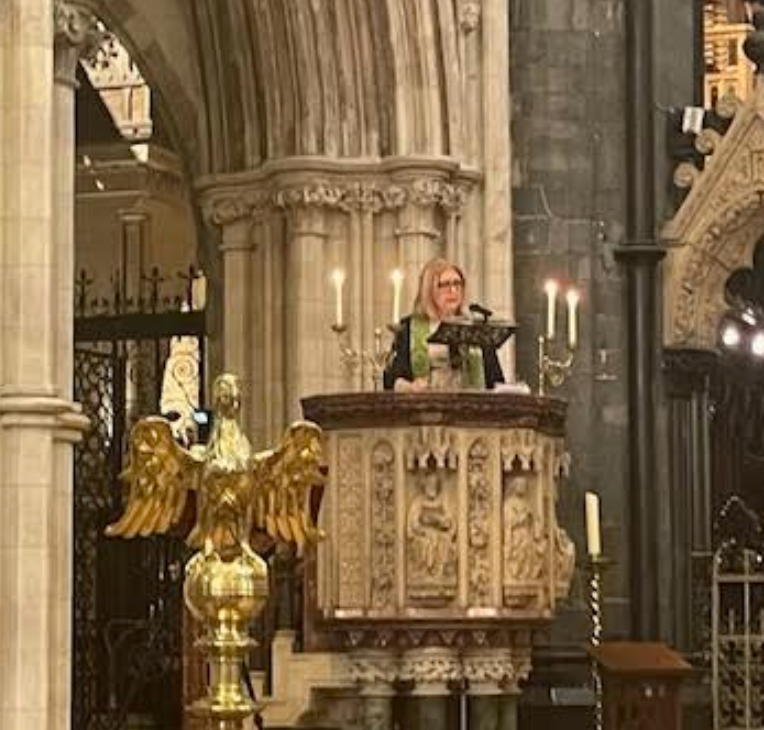We Are Church Ireland submission to Irish Synodal Spring gathering
Extracts from We Are Church Ireland submission to National Synodal Steering Committee
The text below provides the answers provided to a set of questions posed in the latest round of synodal conversations known as the "Spring gatherings" . They follow on from the online zoom discussion with members, held on the 7th April.
Which dominant themes emerged from the conversations? (List the themes where strong alignment emerged in “Conversations in the Spirit”) [1200 characters]
The necessity to include women at every level of decision-making and to ensure that all forms of ministry are equally open to women and men.
Frustration at the lack of progress in the reform of Church structures and liturgy.
Surprise and disappointment that “Care of the Earth” and “Social Justice” are not among the 17 themes that emerged from the further synodal listening in Ireland.
The need to make participation in Church life an uplifting and empowering experience. Particularly so with the Sunday Mass, which is at the heart of Church life but has been continuously losing attendance – especially among young people.
Lay ministry and co-responsibility.
Necessity for ongoing adult faith development.
Give a brief outline of why these themes were deemed important (500-word limit)
The ongoing failure to treat women as equals damages Church credibility as a trusted institution. Decision-making processes are impaired by the lack of female insight. The sight of male conclaves sends a signal that when it comes to important Church affairs there is simply no room for women.
The Synod and “Building Hope” exercises in 2022 and 2023 were new experiences for the laity, and allowed them to hope for change. But the momentum from those initiatives has been lost and many committed laity have yet to see tangible results.
The fact that the themes of “Social Justice” and “Care of the Earth” did not feature among the 17 themes that emerged from the synodal further-listening process, implies that these are not important issues for the Church, further undermining efforts to be relevant to current concerns. Unless an outward-looking Church engages with social justice issues and speaks out, it will not be a truly caring, authentic Christian community. Members will no longer feel that the Church reflects their values. Likewise, climate change is an existential issue for humanity and our planet. Our faithful need to be engaged with it, supported by their Church.
Care of the Earth also has potential for community action in parishes and dioceses.
Why would anyone want to join or re-join in active Church participation at present? That is a fundamental question. Christ said that he had “come that they may have life – and have it to the full” but for many this is not their experience; they are not allowed any meaningful input into the structures of governance nor the liturgical life of the church.
There is little space for dialogue on important questions of faith and other life questions. People who are divorced or remarried, and those who identify as LGBTQ+, do not see the Church as inclusive in practice.
In the context of an aging clergy, a growth in lay ministry and co-responsibility will be necessary for faith communities to survive. However, lay ministry should not be seen as a substitute for the full participation of women in all roles.
They long for a reformed Church where they can feel they belong. Clericalism is sometimes blamed for the long delays in Church reform. Therefore, it is vital to increase substantially lay participation in decision-taking, in a spirit of co-responsibility.
Proper adult faith development is necessary if parishioners are to grasp the significance of their calling. It should be facilitated by a liturgy to which they can relate, and which would help them to make sense of their spiritual heritage. Liturgy also needs to be more inclusive of the female presence in Christianity, including gender-sensitive updating of liturgical language.
While the Mass is at the heart of Church life, the relative passivity of the laity, use of arcane language, lack of opportunity for inner reflection and lack of gender sensitivity mean that the Mass is no longer meeting adequately the spiritual and emotional needs of many.
List themes around which notable differences in opinions occurred in the ‘Conversations in the Spirit’ [1200 characters]
None.
Give a brief outline of the reason for these differences of opinion (500-Word Limit)
Not applicable.
Were there any groups of themes that naturally seemed to come together in ‘Conversations in the Spirit’? If so, please note these groupings below: [1200 characters]
1. Role and status of women.
Co-Responsibility.
Lay Ministry.
2. Church life as a positive experience.
Sense of belonging.
Inclusion that respects diversity.
Liturgy that engages and feels relevant and welcoming to strangers.
Ensuring that liturgical language reflects the presence of women and making certain that the Church is more mindful of the role of women in Christianity.
Ongoing adult faith development.
Embracing Social justice and Care of the Earth as important issues for the Church.
Prompted by the Holy Spirit, which themes have been identified as priorities? [1200 characters]
· The necessity for the inclusion of women at every level of decision-making and making certain that all forms of ministry are equally open to women and men.
· The need to make participation in Church life an uplifting and empowering experience by enabling and empowering all members of the Church to participate according to their calling and employing a liturgy which feels relevant and inspires creative action in all spheres of life.
· Ensuring that social justice and care for the Earth, remain at the centre of Church action.
From the sessions, explain why these need to be prioritised at this time? [3000 characters]
The discrimination against women is a major injustice which threatens the ability of the Church to deliver the “Good News”. For many it is a good reason not to join the Church and for others to leave it.
For various reasons the Church has lost many adherents over the years and the failure to reform is contributing to this. Doing nothing or procrastinating is to refuse to recognize certain realities which will result in important life-giving opportunities being missed or squandered.












